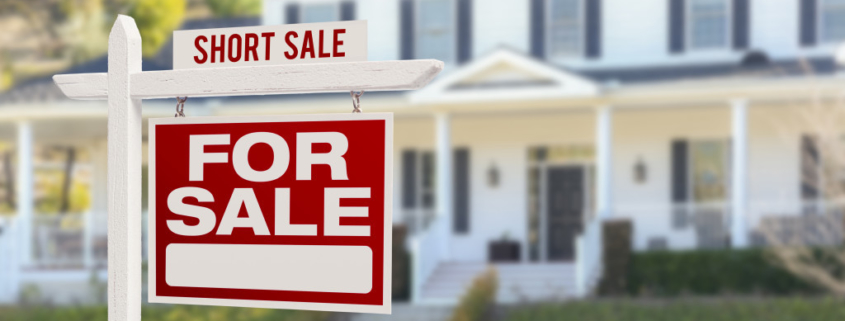Saving Your Home from Foreclosure During Bankruptcy
The decision to file bankruptcy is a difficult one that often comes after long periods of discussion, tears, and debate. For many people, the toughest part of filing bankruptcy is knowing that they risk losing their family home. This may put you in a position where you need to buy a new home or try to get an apartment, neither of which is easy when you have a fresh new bankruptcy on your record.
If you’re interested in saving your home while still going through the bankruptcy process, it’s time to talk to an experienced bankruptcy attorney. Use our listings to find a good fit in your area.
Using the Automatic Stay to Get Some Breathing Room
When you file bankruptcy, the automatic stay goes into effect. This prevents lenders from continuing to try to collect debt payments from you. This is often a huge relief for debtors who have been hit with dozens of calls every week for past-due debts. Rather than trying to figure out which debts to pay this week and which ones to ignore for another couple weeks, you can focus on getting your bankruptcy paperwork together and moving forward to a fresh start.
This also prevents lenders from attempting to collect on your mortgage debt. If you are already in foreclosure proceedings, this should give you a break from the constant letters and phone calls trying to get you up to date on your mortgage.
However, the automatic stay is only a temporary solution. It will not save your home unless you take further steps. It’s important to consult with a bankruptcy attorney to find out if Chapter 7 or Chapter 13 bankruptcy is a better option for you.
Keeping Your Home in Chapter 7 Bankruptcy
To start, you’ll have to figure out how much home equity you have. The more equity you have, the less likely it is that it will be protected under a bankruptcy exemption. This may allow you to save your home if you are a recent buyer or you still owe a considerable amount on it. However, exemptions vary between states, so it’s important to consult with an attorney in your area.
If the exemption covers your entire equity in a Chapter 7 bankruptcy, you may be able to keep your home. However, if it does not, the home will be sold, and the proceeds will be used to pay off unsecured debt.
To keep your home in this situation, you must be current on house payments and be able to continue making your payments in the future. If you are already in foreclosure proceedings, this may not be an option for you.
Chapter 13 Bankruptcy as an Option to Keep Your Home
Chapter 13 bankruptcy has a few more options for homeowners who are behind on house payments or who have too much equity. If you have too much equity in your home, you aren’t automatically forced to sell it and use the proceeds to pay other debts. The trustee will take the nonexempt portion of your equity and require you to pay it back in your repayment plan.
In Chapter 13 bankruptcy, you must create a repayment plan that is practical for your income level and ability to pay. You can pay back the amount past due on your home over three to five years, which makes this a more viable option for those who are already in foreclosure. Keep in mind, though, that arrears payments are separate from your mortgage. Your payment plan must allow you to make mortgage payments going forward and your past due payments.
Keep in mind that this gives you a fairly narrow path to keeping your home. Should you fall behind on arrears payments or mortgage payments, the mortgage holder may move to restart foreclosure proceedings. Make sure that your payment plan is manageable for your financial situation.
Bankruptcy is a big decision, and it’s not one to tackle on your own. With the assistance of a bankruptcy attorney in your area, you can learn more about state laws regarding exemptions and explore options for keeping your home.




Leave a Reply
Want to join the discussion?Feel free to contribute!